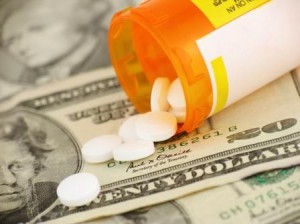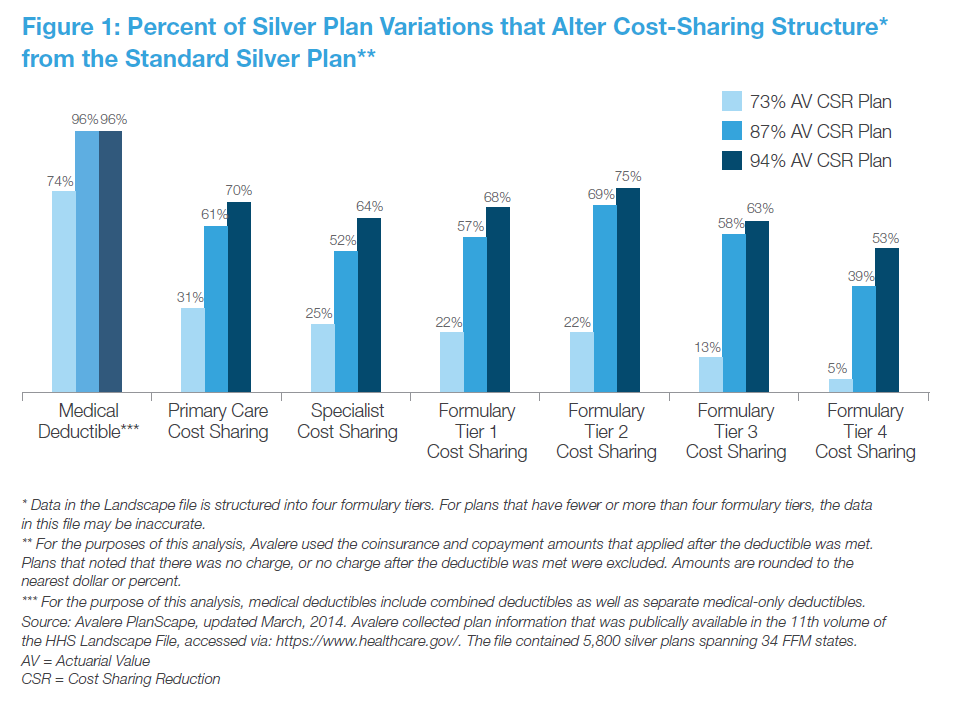The Sickest Low-Income Patients Will Pay the Most under ObamaCare
Foll owing up a February study, which showed that people needing drugs on the highest formulary tier will pay much higher out-of-pocket costs than other ObamaCare enrollees, consultants at Avalere have released another study, which shows that the low-income ObamaCare enrollees will suffer this effect even more than middle-class ones.
owing up a February study, which showed that people needing drugs on the highest formulary tier will pay much higher out-of-pocket costs than other ObamaCare enrollees, consultants at Avalere have released another study, which shows that the low-income ObamaCare enrollees will suffer this effect even more than middle-class ones.
A formulary is a list of drugs that a health plan covers. It can be divided into up to four tiers. Drugs on the lowest tier (usually generic medicines) cost the least out of pocket, while those on the highest tier cost the most. However, those on the highest tier are the most expensive, and often indicated for those suffering the worst diseases.
Under ObamaCare, enrollees with household incomes between 100 percent and 400 percent of the Federal Poverty Level (FPL) pay lower premiums for their policies (because of tax credits that go to their insurers). However, those in households who earn up to 250 percent of the FPL also get cost-sharing reductions towards their deductibles, co-pays, and co-insurance. A Silver Plan is supposed to cover 70 percent of the healthcare costs of its beneficiaries. That is, if the expected costs are $10,000, the insurer is expected to pay $7,000 and the beneficiary $3,000. The actuarial assumptions built into the policies are complex and accepted by regulators before the policies can be offered on the exchanges.
For those eligible for cost-sharing reductions, the government subsidizes the insurer to pay 73 percent, 87 percent, or 94 percent of the expected healthcare costs. So, if expected costs are $10,000, the lowest-earning enrollees would only pay $600 out of pocket, with the plan paying $9,400 (of which $2,400 is taxpayer-funded). Insurers have lots of choice in how they apply that expected $2,400. Avalere found that they use it to subsidize the healthier low-income enrollees instead of the sickest:
The bar chart shows that the plans apply more of the subsidy to the deductible, somewhat less likely to apply it to specialist charges, and much less likely to apply it to the most expensive tier 4 drugs on the formulary. What this means is that generally healthy patients who go to see their primary-care physician occasionally, but need no specialist care or specialty prescriptions, are most likely to benefit from the cost-sharing reductions. Those who need specialist care and, especially, tier 4 drugs will be less likely to benefit.
This blog has written frequently about how ObamaCare motivates health plans to seek out healthy enrollees and shun sick ones. Avalere’s latest report demonstrates how this is magnified for low-income enrollees. It would be in the interests of health insurers, pharmaceutical companies, and patients to change the incentives in ObamaCare to fix this problem.



“Avalere found that they use it to subsidize the healthier low-income enrollees instead of the sickest”
Subsidize the people that will not likely be affected by the cost sharing reductions, while making the people that benefit pay the most. Good job ObamaCare.
Well, everyone will get the shaft in some fashion, so I guess we score one for equality.
“It would be in the interests of health insurers, pharmaceutical companies, and patients to change the incentives in ObamaCare to fix this problem.”
It would be in the best interests of everyone to alter the incentives in ObamaCare, but this is what you get in a government-run health care system.
The problem is that government-run health care creates such perverse incentives that the appropriate interest groups will not likely come together to solve the problem.
This is possibly due to deliberate strategies to reward the healthy and discourage the sick from remaining on the plan.
ObamaCare: Where up is down and down is up.
The lesson here is that if you are sick and will have high out of pocket costs, don’t be a low-income earner.
That is easier said than done. But this is the issue when an individual is a low-income earner with high out of pocket costs who makes too much for Medicaid and not enough to cover their costs. They will fall out of coverage because costs are just too high.
Get a No Obligation Expert Medical Opinion from Top Doctors in India Email your medical reports to – indiacarez@gmail.com For more details visit -www.IndiaCarez.com or call us at +91 98 9999 3637
“Avalere’s latest report demonstrates how this is magnified for low-income enrollees.”
ObamaCare was shaped to specifically help low-income individuals. If it isn’t helping them, and it certainly isn’t helping middle or high income individuals, then who is it helping?
Bureaucrats and insurance companies. ObamaCare certainly wasn’t about helping the American people.
This law if rife with perverse or conflicting incentives that would baffle the average American if they were aware of all of them!
What I find amazing is that every time liberals impose a new government program, the very people it was intended to “help” are exactly the people it end s up hurting. See also the minimum wage, business taxes, government monopoly in education, etc.